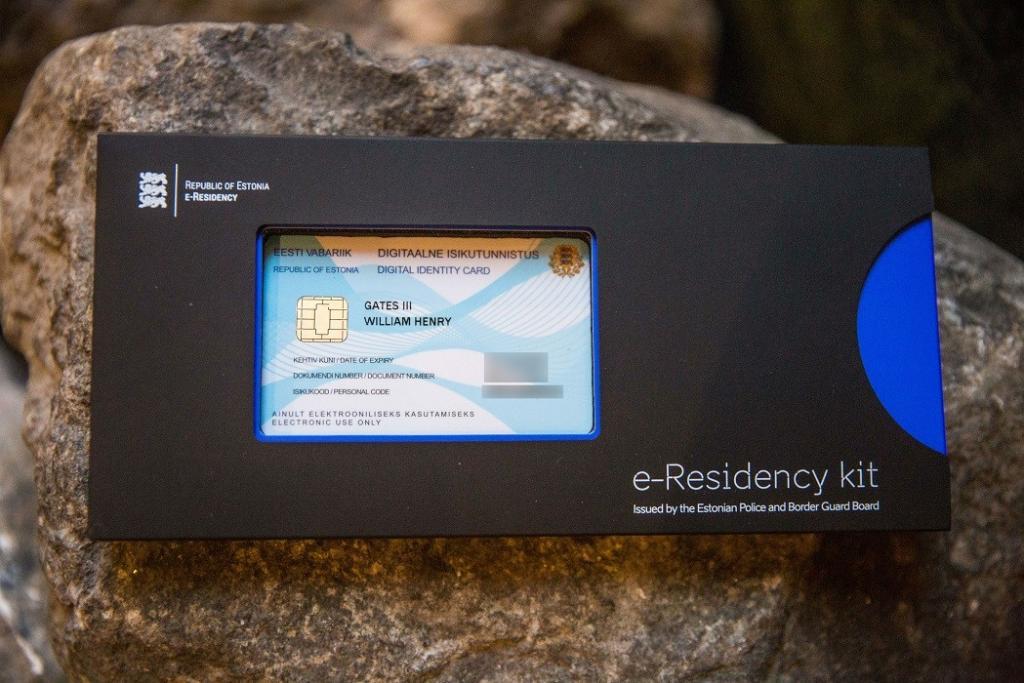In November 2019, the number of Estonian companies created by e-residents exceeded 10,000, Enterprise Estonia said, adding that the number of e-residents paying taxes in Estonia has grown by 58% compared with the same period in 2018.
According to Ott Vatter, the CEO of the e-residency programme, most companies are registered in the IT sector and business consulting.
“Many e-resident companies focus on creating smart jobs and high added value. E-residency offers global market players a unique opportunity to manage their business wherever they are. This also makes it very attractive for EU citizens to set up a business in Estonia, since the opportunities for distance business are much more limited in other member states,” Vatter said in a statement. 50% of the e-residents who set up an Estonian company are citizens of the European Union.
The range of activities of Estonian companies created by e-residents is constantly expanding. For example, there are now many e-residents in the forestry, agriculture, health, commerce or education sectors paying taxes in Estonia. “This shows the e-residency programme can meet the needs of entrepreneurs in different sectors of the economy,” he added.
The number of tax-paying e-residents has grown 58% compared with 2018
The growth in the number of Estonian companies established by e-residents has increased dramatically in the last two years, with over 7,000 being created. “Compared with the previous year, the number of active e-residents who are paying taxes in Estonia has grown by 58%. The money they receive will be used, for example, in education, culture and social welfare, bringing direct benefits to the people of Estonia,” Vatter noted.

The e-residency programme was created in 2014 with the aim of providing foreign citizens with secure access to the digital services of the Estonian state. With their digital identity card, e-residents can digitally sign documents and log into portals and information systems that recognise the Estonian ID card. E-residency does not grant citizenship, tax residence or a residence or entry permit to Estonia or the European Union.
Since the launch of the e-residency programme, more than 62,000 e-residents have established over 10,100 companies in Estonia, employing nearly 1,700 people. The programme has brought direct revenue to the Estonian economy of more than €31 million in nearly five years.
Cover: The e-residency card issued for Bill Gates, the co-founder of Microsoft (e-residency programme).

